Microsoft co-founder Bill Gates says that recent development of AI models like OpenAI’s ChatGPT represents some of the most significant technological advances since the 1980s.
In a blog post on Tuesday, he called AI technology as fundamental to the future of the human race as the creation of the microprocessor, the personal computer, the smartphone and the Internet.
“It will change how people work, learn, travel, get health care and communicate with each other, Gates said, adding that “entire industries will reorient around it. Businesses will distinguish themselves by how well they use it.”
Developed by OpenAI, ChatGPT is an AI-wired chatbot that scrapes data from the internet to answer questions with near-perfect accuracy using natural, human-like language
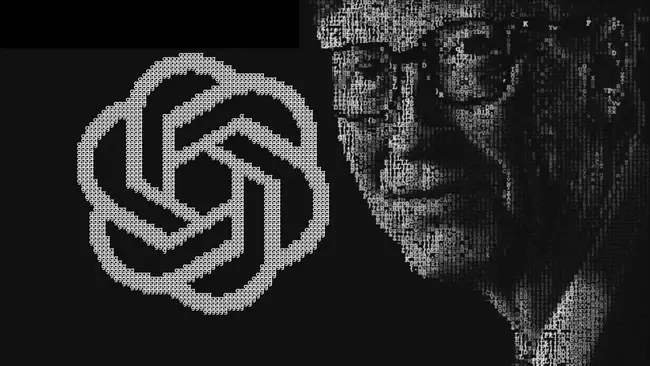
The team behind it recently received an 11-billion-dollar investment from Microsoft – where Mr Gates still serves as an advisor and owns billions of dollars worth of stock.
Mr Gates said he had been meeting with OpenAI since 2016, and had last year challenged them to develop an AI model capable of passing the Advanced Placement Biology exam.
A few months later OpenAI revealed the results. The model received a near-perfect score, he said, missing only one mark out of a possible 50.
Following this score, Mr Gates said he asked the AI to write a response to a father with a sick child. "It wrote a thoughtful answer that was probably better than most of us in the room would have given," he said.
“The whole experience was stunning – I knew I had just seen the most important advance in technology since the graphical user interface (GUI)."
The research group’s latest AI model GPT-4, which was released to the public last week, scored the maximum possible score on the exam.
It greatly improved upon many of the capabilities that popularised GPT3.5 – the model that had previously powered ChatGPT when it launched last November.
The Big-Tech stamp of approval
Gates is just one of the big-name technologists to take the position on recent advancements in AI technology as a major shift in the technology industry.
He joins former Google CEO Eric Schmidt and former Amazon CEO Jeff Bezos, who have both predicted that data-based machine learning could change entire industries.
Current CEOs are also seeing major business opportunities in AI applications and tools. Nvidia CEO Jensen Huang said in a keynote earlier this week that the field is experiencing an “iPhone moment,” referring to the time when new technology becomes widely adopted and entrepreneurs see opportunities for new businesses and products.
Gates and Microsoft have close ties to OpenAI, which developed the GPT model. Microsoft has so far $11 billion in the startup and already sells some of its AI software and service through Azure cloud services.
Other Big Tech behemoths are also taking note. Upon ChatGPT’s release in November, Google was forced to issue a "code red", fearing the survival of its long-successful search business.
Yup, Google got caught off guard when it comes to AI implementation. Most likely no boardroom meeting or meetings took place prior to Microsoft's announcement on AI about it being a threat, total lack of foresight. And it shows.
— 𓂀 Ori 𓂀 (@OriZilbershtein) March 22, 2023
Code red. https://t.co/qRKBlS7kM7
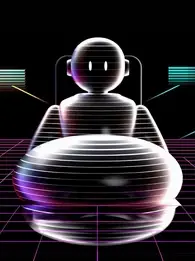
LLMs Reshaping Digital Workflows
How large language models move from chatbots to core engines for support, content, legal and clinical workflows across the enterprise.
The search giant recently launched Bard, a ChatGPT-like AI system based on its LaMDA language model. The effort has so far failed to make a splash, but Google will likely work internally to develop new AI systems in a bid to keep up with Microsoft in the unfolding AI arms race.
Meta, though still transfixed on the metaverse, has also accelerated its AI developments. The Facebook, and Instagram owner has recently partnered with Baidu to create its own chatbot after another earnings slump, raising its share prices by 201 per cent overnight.
The Future of AI
Although the tech sector is ramping up its development of AI-wired systems and software, society still remains largely sceptical as AI systems rapidly transform the technology landscape.
Universities around the world have already banned ChatGPT after students used the tool to write essays and complete assignments.
People also fear that AI may soon replace their jobs. Ask ChatGPT what jobs it will replace and will give a list of positions and reasons why certain professionals will be made redundant.
20 jobs that GPT-4 will replace, written by GPT-4: pic.twitter.com/MTcLHCidzH
— Rowan Cheung (@rowancheung) March 15, 2023
While some fears surrounding AI may be unfounded, experts highlight that AI has the potential to spread biased narratives due to the biased data they use to generate their responses.
Microsoft’s own Bing Chat chatbot based on GPT, for instance, made headlines upon launch for spewing out a series of bizarre and sometimes aggressive responses to users’ queries, leading experts to question whether the technology could do more harm than good.
The cybersecurity industry – a community that has long expressed its concern about the threat of modern AI on business continuity – is also warning that the technology could be harnessed by hackers for nefarious purposes.
"It’s been well documented that people with malicious intent are testing the waters," Shishir Singh, chief technology officer for cybersecurity at BlackBerry said in response to a report investigating the cybersecurity risks related to generative AI.
Inside Automated Attention Farms
Unpacks the AI tools, bots, and engagement algorithms turning content into a fully industrialised, probabilistic monetisation engine.

“We expect to see hackers get a much better handle on how to use ChatGPT successfully for nefarious purposes; whether as a tool to write better Mutable malware or as an enabler to bolster their ‘skillset,” Singh said.
Mr Gates, who co-chairs the charitable Bill & Melinda Gates Foundation, addressed these concerns in his blog post. The billionaire called on governments to work with industry to "limit the risks" of AI, citing that the technology could be used to save lives.
"AI-driven improvements will be especially important for poor countries, where the vast majority of under-5 deaths happen," he wrote. "Many people in those countries never get to see a doctor, and AIs will help the health workers they do see be more productive."
Some examples of this he gave include completing repetitive tasks such as insurance claims, paperwork, and note-taking. For this to be possible, Mr Gates called on a targeted approach to AI technology in the future.
To read more about the challenges with implementing AI, visit our AI in the Enterprise Page.
"Market forces won't naturally produce AI products and services that help the poorest," he wrote. "The opposite is more likely.
"With reliable funding and the right policies, governments and philanthropy can ensure that AIs are used to reduce inequity. Just as the world needs its brightest people focused on its biggest problems, we will need to focus the world's best AIs on its biggest problems."



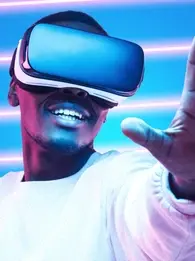
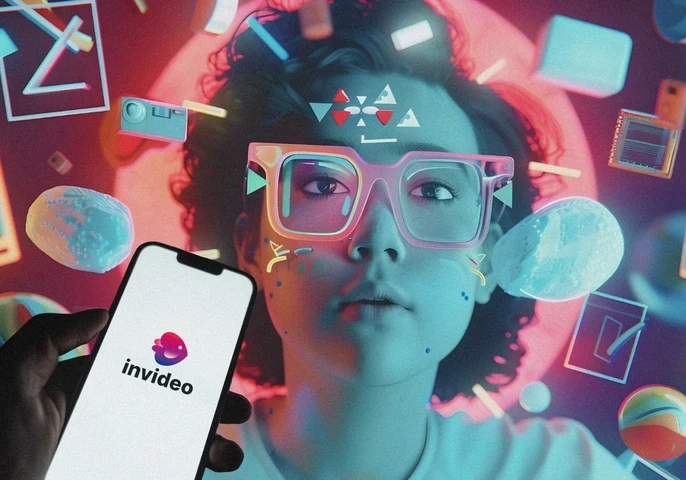
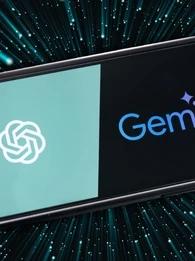

Comments ( 0 )